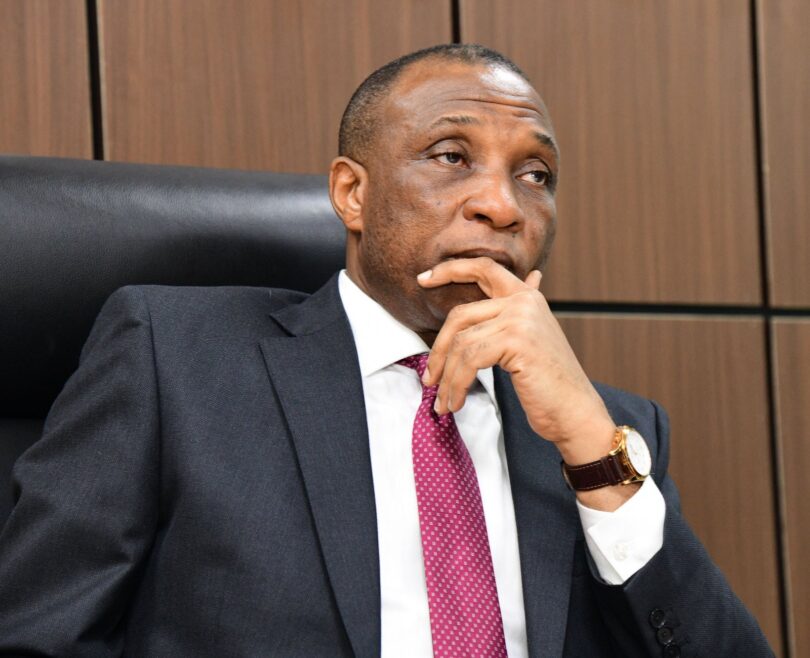The Federal Competition and Consumer Protection Commission (FCCPC) has granted a one-month moratorium to traders and other market stakeholders involved in exploitative pricing, urging them to reduce the prices of goods.
Mr. Tunji Bello, the newly appointed Executive Vice Chairman of the FCCPC, made this announcement during a one-day stakeholders’ engagement on exploitative pricing held on Thursday in Abuja.
Bello stated that the Commission would begin enforcement actions once the moratorium period ends.
He explained that the meeting was convened to address the increasing trend of unreasonable pricing of consumer goods and services, as well as the unethical practices by market associations.
In his remarks, Bello cited a finding by the Commission, highlighting that a fruit blender known as Ninja, priced at $89 (N140,000) in a popular supermarket in Texas, was being sold for N944,999 in a supermarket located in Victoria Island, Lagos.
Bello wondered about the basis for the arbitrary hike in the price of the blender compared to Texas, United States of America.
He said the unwholesome practices including price fixing were threatening the stability of the economy.
”Under Section 155, violators whether individuals or corporate entities face severe penalties including substantial fines and imprisonment if found guilty by the court.
”This is intended to deter all parties involved in such illicit activities.
”However, our approach today is not punitive. I, therefore, call on all stakeholders to embrace the spirit of patriotism and cooperation.
”It is in this spirit that we are giving a moratorium of one month before the Commission will start firm enforcement,” he said.
“We have heard and you have genuine issues and the government has the responsibility to address the problems but generally, let us talk to ourselves too.
”There are also gang-ups to exploit consumers by traders,” he added.
Moreover, other market stakeholders who spoke at the engagement said that the high cost of transportation, insecurity, and multiple taxation among others were reasons for the continuous increase in prices of goods and services.







